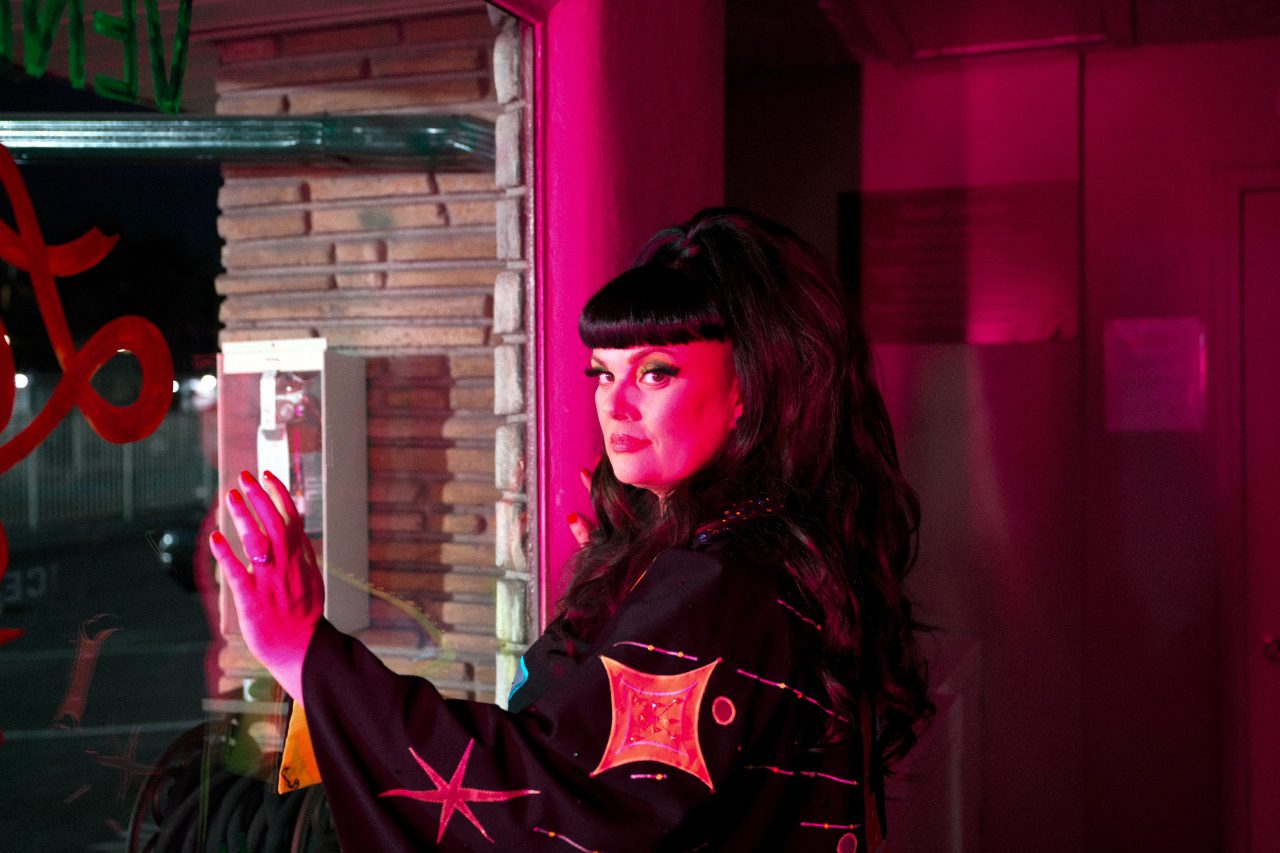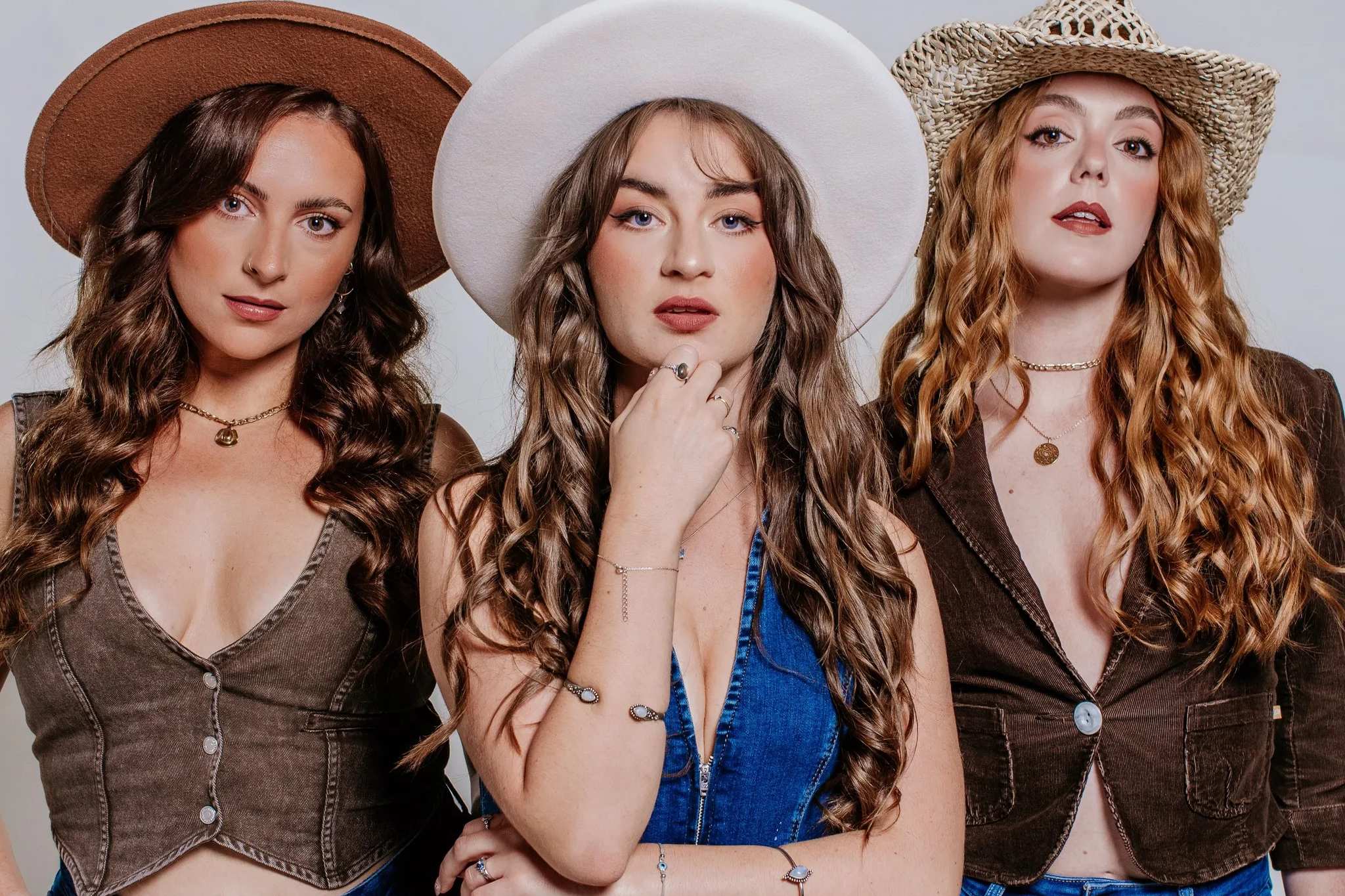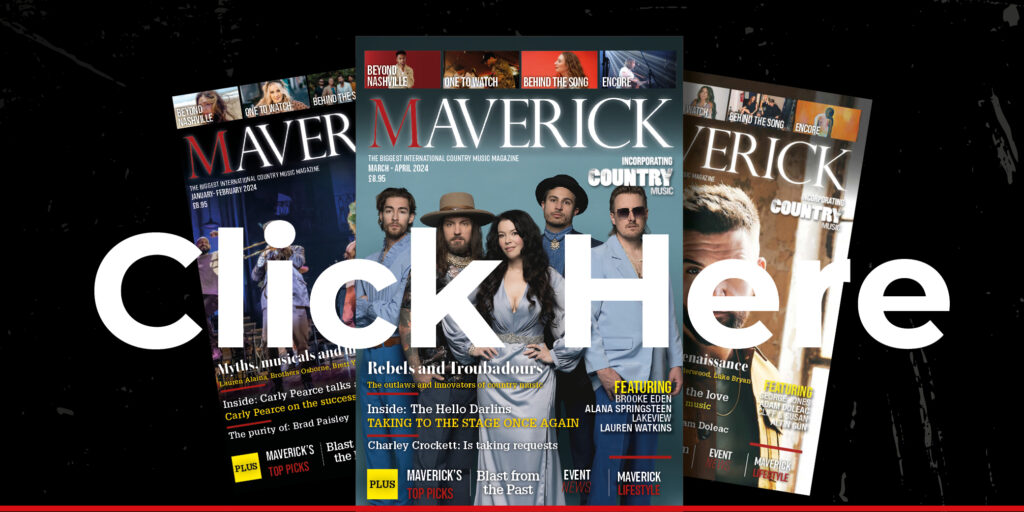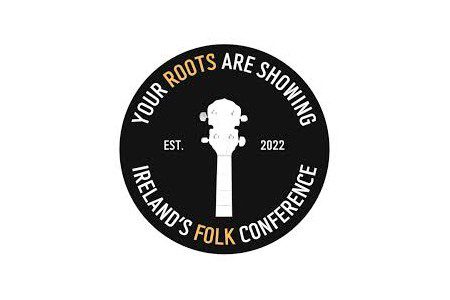
Billy Bragg: A long-awaited retrospective
Some might say that Billy Bragg is an odd choice for our Blast From The Past section, after all, he remains an accomplished performer who continues to give audiences not just something to sing along to, but something to think about. As an artist/activist, Bragg – the so-called ‘Bard of Barking’ – has consistently been a bastion of the UK left wing political scene. Starting off in the punk scene that tore through Britain in the 1970s, Bragg keeps the anti-authoritarian, anti-fascist spirit of punk alive to this day – even if he doesn’t write in the music genre anymore. Watching a performance by Bragg (if you’re lucky enough to catch him) is an emotional experience, whether you agree with his views or not. It’s nigh impossible to mention Bragg without his impact on UK music, just take the example of his very own curated stage at Glastonbury Festival – aptly called the ‘Left Field’ stage.
In 2023, Bragg released a compilation album, ‘The Roaring Forty (1983-2023)’, which kicks off with perhaps his most well-known track, ‘A New England’. Itself released with his first album in 1983, the track wasn’t a hit for Bragg, but was for English singer-songwriter Kirsty MacColl two years later. The song only had two verses and MacColl thought it was too short, so Bragg wrote another one for her version, it would eventually reach number seven in the UK charts and number eight in Ireland. It would be the start of something long lasting, something great, something that would set Billy Bragg on track to be a British institution. After parting ways with his first band, Riff Raff with Wiggy, Bragg bleached his hair and started busking on the streets with just an electric guitar – a solo vocal with an electric guitar would become a distinct Bragg sound, instantly recognisable to any English person.
The release of Bragg’s first album is a story within itself, with many clues that give shape to who Bragg is now. At first, Bragg wanted his song ‘The Milkman Of Human Kindness’ played on radio, so when he was listening to legendary John Peel on BBC Radio One and Peel mentioned he was hungry, Bragg ran over to the studio and presented the host with a mushroom biryani in exchange for the song being spun over the airwaves. The track was played – albeit at the wrong speed – and Peel insisted that he would have played the track anyway. Later on that same year, Bragg’s label was acquired by Virgin Records and the rights to ‘Life’s A Riot with Spy vs. Spy’ (a reference to a comic strip at the time) were given to Go! Discs. The price for the CD was fixed at £2.99, a low cost even in the 1980s, so that it would be affordable. Bragg’s second album, ‘Brewing Up With Billy Bragg’ was released just a year later. As with every Bragg record, Bragg wrote every song – which now would consist of a mixture of vignettes of unrequited love and protest songs. Always the prolific artist, Bragg released another album two years later. ‘Talking With The Taxman About Poetry’ is a name taken from a poem by Russian futurist poet and playwright Vladimir Mayakovsky, who was equal parts satirical and revolutionary, much like Bragg himself and featured a more beefed up instrumental, with Bragg’s usual guitar-only backing giving way to backing vocals – provided by Kirsty MacColl, no less – piano and even some (gasp) percussion.
Bragg’s third album is best known for being Bragg’s first official recording of ‘There Is Power In A Union’. The song is a left-wing anthem, written by Joe Hill in 1913 and is sang at protests by workers all over the world. Bragg’s version differs from the original, where Hill sings to the tune of the 1899 hymn ‘There Is Power In The Blood’, staunch atheist Bragg sings it to the tune of ‘Battle Cry Of Freedom’, which itself was written by American George Frederick Root during the American Civil War. Bragg’s ability to reference, both lyrically and musically, his predecessors in protest music, poetry and art is a remarkable staple in his career. A close listen to an anthology of Bragg’s is to get an education in the class struggle and left-wing art.
To read more exclusive articles and latest news, see our last issue here.
Never miss a story… Follow us on:
Instagram: @Maverick.mag
Twitter: @Maverick_mag
Facebook: Maverick Magazine
Media Contact
Hannah Larvin, Editor, Maverick Magazine
Tel: +44 (0) 1622 823 920
Email: editor@maverick-country.com
